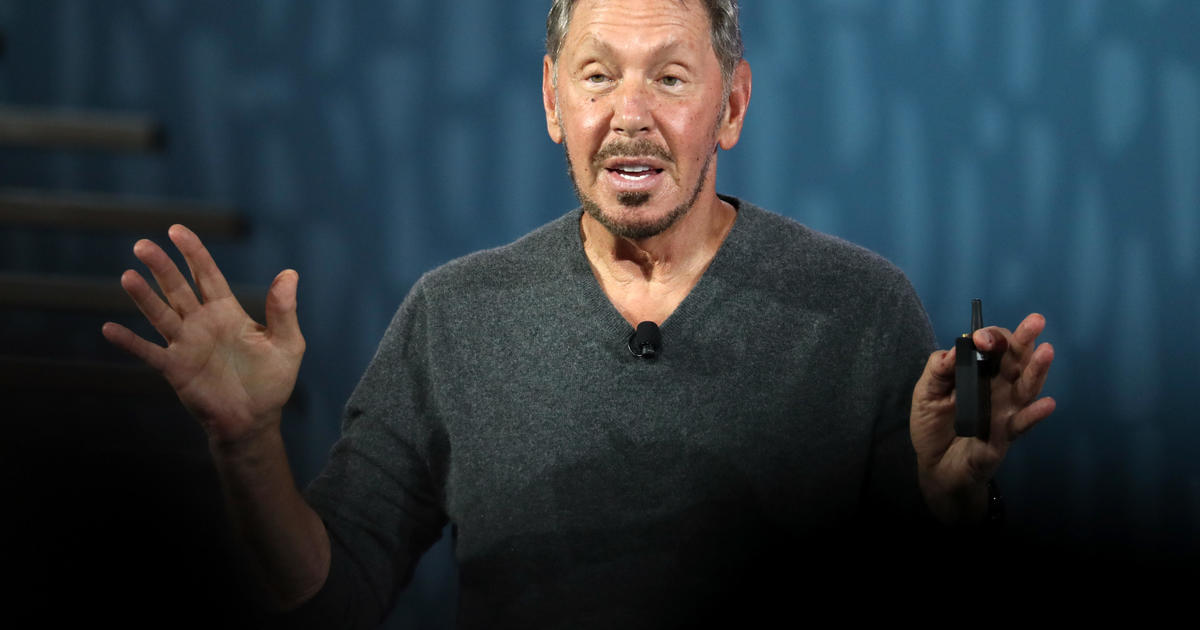Sonoma County launches guaranteed income pilot program for low-income families
SONOMA COUNTY – Hundreds of low-income families in Sonoma County will begin to receive $500 a month in a two-year trial of a new guaranteed income program, the county announced Wednesday.
The Pathway to Income Equity pilot program mirrors similar programs throughout the state that provide guaranteed, relatively unconditional payments to households and families experiencing poverty.
The first pilot program in the state was launched in Stockton in 2019. The city gave some low-income residents $500 a month and is hailing it as a success. In a statement released in March 2022 from Stockton Economic Empowerment Demonstration, or SEED, which piloted the program, facilitators say that job prospects, economic stability, and overall well-being of participants improved "drastically."
SEED officials say that participants got full-time employment at twice the rate of those who were not in the program and that people spent the money on basic needs like food (nearly 37 percent), sales and merchandise (21 percent), utilities (11 percent), and auto costs (10 percent). SEED officials say that only 1 percent of the funding went to alcohol or tobacco.
The program in Sonoma County aims to alleviate financial stress for families with children under the age of 6, the county said. A study done by the nonprofit United Ways of California in 2021 found that 52 percent of families in Sonoma County with children struggle to make ends meet, with 67 percent of those households being headed up by a single mother. Seventy percent of those households are Black, Latino, Asian or Native American families, though they comprise only 30 percent of the county's demographics, the county said.
Sonoma County opened up the application process for the program last fall and received 6,450 requests. With only 305 available spots, the county had to randomly select from 2,383 families that met the criteria.
Families must have an income of no more than 185 percent of the federal poverty level, which varies according to family size, but is $51,338 for a family of four. They have to be pregnant and/or parenting a child under the age of 6, and to have experienced economic impacts due to the COVID-19 pandemic.
"The number of applications we received speaks to the issue that so many in our community are struggling," said Angie Dillon-Shore, executive director of First Five Sonoma County in a statement released by the county. "The idea that giving people cash is a disincentive to work is a myth. Most of our selected recipients are already working, many working more than one job or more than 40 hours in a week just to survive."
First Five, a non-profit organization focused on early childhood development, developed the pilot program and received $3 million in funding for it from Sonoma County. Both will track and analyze the experiences of the families in the program, documenting its impact on things like family functioning, child development and mental health.
Additional funding for the program is coming from the cities of Santa Rosa and Petaluma. Other funds come from California's Proposition 10, which was approved by voters in 1998 and adds a tax to tobacco purchases.
In the Bay Area, Mountain View, the city of Alameda, and San Francisco are either implementing or discussing implementing guaranteed income programs.
In November, a state-backed guaranteed income piot program was launched to give $25 million to 2,000 residents.
The state program will mete out between $600 and $1,200 a month for 12 to 18 months and will be evaluated by the Urban Institute, a Washington, D.C. think tank that researches economic and social policy, and University of California at Berkeley to assess if providing financial assistance to residents during life transitions, like childbirth or entry into independence from foster care, could prevent them from falling further below the poverty line.



